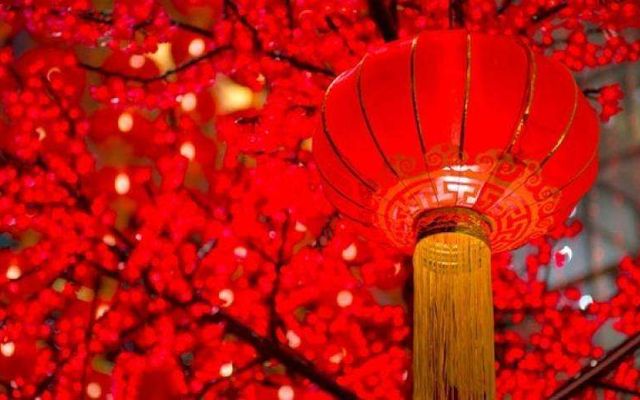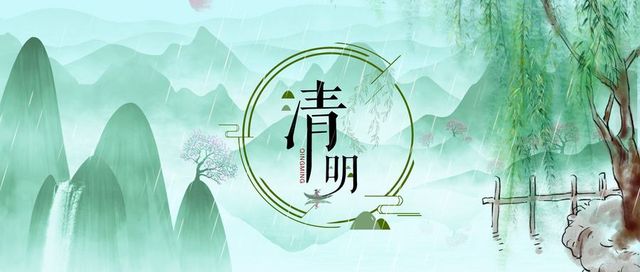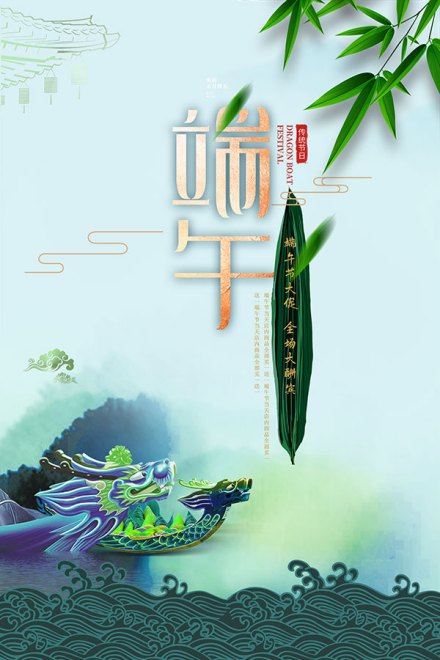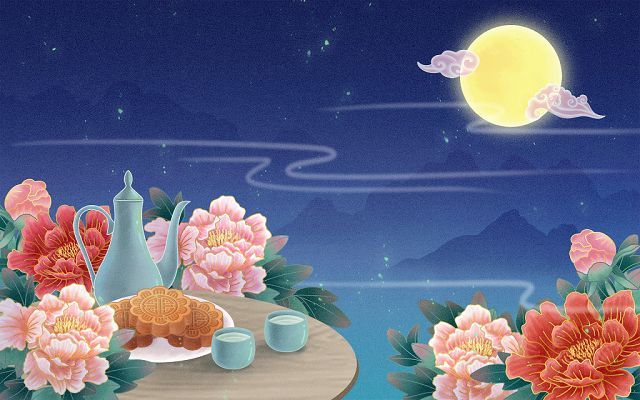Chinese traditional festivals are celebration festivals with profound emotional connotations formed in the long-term accumulation of Chinese history and culture. The rich folk customs and celebrations of traditional festivals embody the psychology, emotion and hope for the stability of the country or nation. It is a cultural phenomenon, a cultural symbol and the identification and conversion of national cultural emotions. China’s four traditional festivals contain the essence of Chinese traditional culture. The traditional festivals on national statutory holidays include the Chinese New Year, Qingming Festival, Dragon Boat Festival and Mid-Autumn Festival. These four festivals are each full of profound cultural connotations.
China is one of the countries with the most festivals in the world. According to statistics, there are more than 160 festivals in various ethnic regions in China, and there are dozens of traditional festivals. As an important part of Chinese traditional culture, traditional festivals play an important role in condensing people’s emotions and continuing traditional culture.
1. Chinese New Year

Returning home for the Chinese New Year has become a top priority for Chinese people. During the Spring Festival, the tidal wave of people returning home constitutes the most spectacular migration scene in human history. Going home to reunite with family members, having New Year’s Eve dinner together, keeping the New Year’s Eve together, and setting off firecrackers, more and more condensed into a deep and lingering complex in the hearts of Chinese people.
2. Qingming Festival

In the historical development, Qingming Festival incorporates the custom of banning fire and cold food popular in the northern region.
On May 20, 2006, the State Council approved the Qingming Festival to be included in the first batch of national intangible cultural heritage lists.
Since 2008, China has recognized the Qingming Festival as a legal holiday, with one day off.
In 2009, it was changed to three days and continued.
3. Dragon Boat Festival

According to prehistoric cultures such as the Hemudu site, there were canoes and wooden oars for racing as early as seven thousand years or earlier. The origin of the Dragon Boat Festival covers ancient astrological culture, humanistic philosophy and other aspects, contains profound and rich cultural connotations, and also mixes a variety of folk customs in the inheritance and development. These festivals and customs have themes such as praying for blessings and eliminating disasters, which express people’s wishes to welcome blessings, ward off evil spirits and eliminate disasters.
Many customs of the Dragon Boat Festival are also ingeniously linked to Qu Yuan, such as eating zongzi, rowing dragon boats and so on. Since then, the custom of the Dragon Boat Festival has continued. In the article “Dragon Boat Examination”, Mr. Wen Yiduo put forward his own views on the origin of the Dragon Boat Festival, combining with folklore research, and believed that the Dragon Boat Festival was the product of Chinese dragon totem worship. The importance attached by ancient and modern scholars to the Dragon Boat Festival shows that the Dragon Boat Festival has profound cultural connotations.
In 2008, in Article 2 of the “Decision of the State Council on Amending the “Measures for Holidays for National Festivals and Commemorative Days” (effective from January 1, 2008), the Dragon Boat Festival was officially designated as a national statutory holiday.
On September 30, 2009, at the meeting of the UNESCO Intergovernmental Committee for the Protection of Intangible Cultural Heritage held in Abu Dhabi, the capital of the United Arab Emirates, it was decided that the Chinese Dragon Boat Festival was successfully included in the “Representative List of the World’s Intangible Cultural Heritage of Humanity”.
4. Mid-Autumn Festival

Chinese traditional festivals carry the civilization of the Chinese nation, and the broad and profound Chinese civilization has created a colorful festival culture. In the long history of the development of Chinese civilization, traditional festivals have always been closely related to the production and life of the people. Looking at its development track, it is not difficult to see that since the formation of the Han and Wei Dynasties, Chinese annual festivals have basically developed in the direction of being separated from the time of the month. The nature of natural time in the festivals became indifferent as the years passed, and the time rituals of seasonal sacrifices gradually became secularized into family or social gatherings and celebrations. Especially in the Wei and Jin Dynasties, festivals became a concentrated time for them to express their emotions, express their feelings, and play recklessly.
The State Council legalizes the Spring Festival, Qingming Festival, Dragon Boat Festival, Mid-Autumn Festival and other traditional festivals as holidays, which is full respect for traditional national psychology and a return to and advocacy of traditional culture.
[…] Mid-Autumn Festival is one of the four traditional festivals in China. It originated from ancient times, was popularized in the Han Dynasty, and was finalized in the […]
[…] Festival, also known as Tomb-Sweeping Day,Qingming Festvial, is one of the four traditional festivals in China. In the world, in addition to China, there are some countries and regions that also celebrate […]
[…] Spring Festival is one of the four traditional festivals in China. In China, the Spring Festival is also called the Lunar New Year, the New Year. This festival has a […]